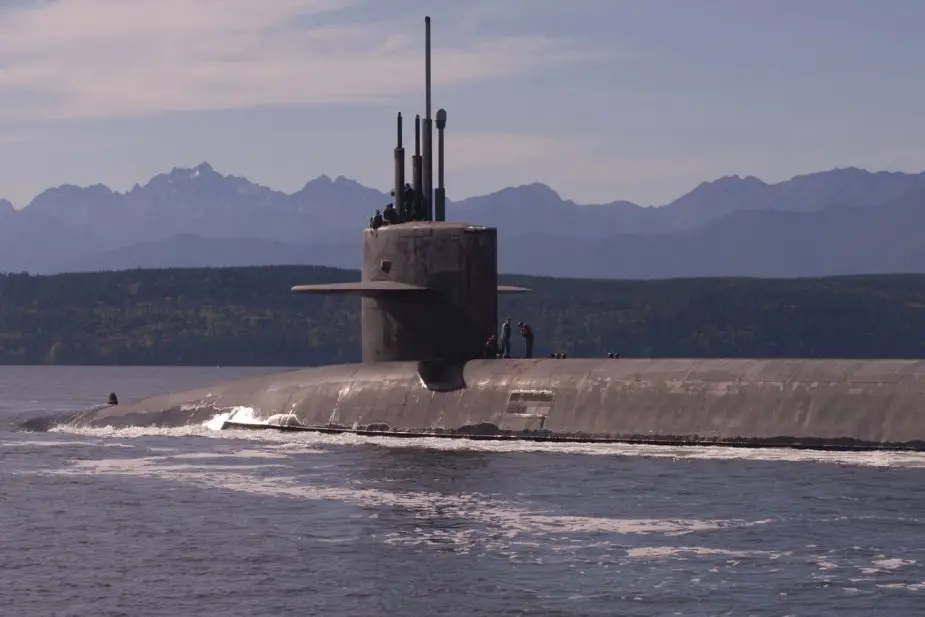Breaking news
Stratcom Nominee's Charles A. Richard calls for Nuclear Triad Modernization.
The nominee to be commander of U.S. Strategic Command told lawmakers at his confirmation hearing today that adoption of a "no first use" policy for nuclear weapons is a bad idea. "My best military advice would be to not adopt a no first use policy," said Navy Vice Adm. Charles A. Richard, before the Senate Armed Services Committee.
 The Ohio-class ballistic missile submarine USS Louisiana (Picture source: U.S. Navy)
The Ohio-class ballistic missile submarine USS Louisiana (Picture source: U.S. Navy)
A "no first use" policy is commitment by nuclear power, such as the United States, to only use nuclear weapons in response to the use of such weapons by an enemy. The adoption of such a policy would impact its relationship with partner nations, Richard told senators.
Richard was also clear that modernization needs to continue moving forward on the U.S. nuclear triad, which involves ground-based missiles — commonly referred to as intercontinental ballistic missiles — submarine-launched ballistic missiles and air-launched cruise missiles, dropped from bomber aircraft. In all three areas, the U.S. modernization effort is underway.
"We have delayed and life-extended the triad systems to the maximum extent possible," said Richard, who serves now as commander of Navy Submarine Forces. "What I mean by that is we are bumping into physics and engineering limits." For example, the Ohio-class submarine, which carries the Trident II D5 missile, for instance, was designed for 30 years of use. It's been in service now for 42 years.
According to Richard, the recapitalization of the nuclear triad is needed, worth the investment and doable. "That's only 3.5% of the defence budget on top of the 3.5% we spend to maintain the system that we have," he said. "That defence budget is itself a fraction of the discretionary budget of this nation... that's what buys our deterrence and defence against the only existential threat this nation faces.
If confirmed, Richard said, he pledges to work closely with the Senate Armed Services Committee and with congress regarding U.S. strategic security challenges.
"I firmly believe that open, honest and timely communications will be necessary to address these challenges," he said. "With the return to great power competition ... we must never lose sight of the fundamental nature and importance of our nation's strategic forces, a powerful ready triad remains the most effective way to deter adversaries from conducting attacks against the U.S. and our allies."


























